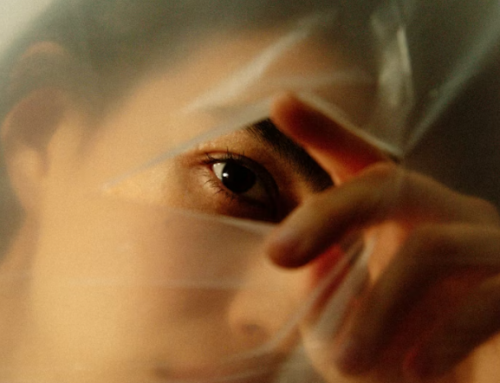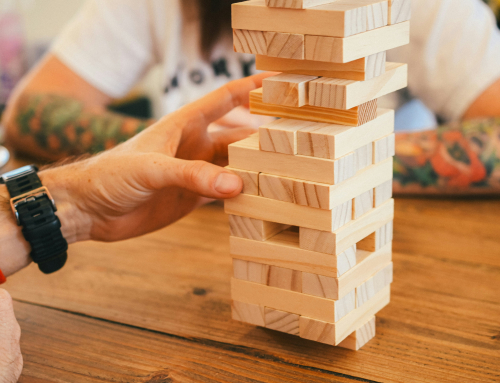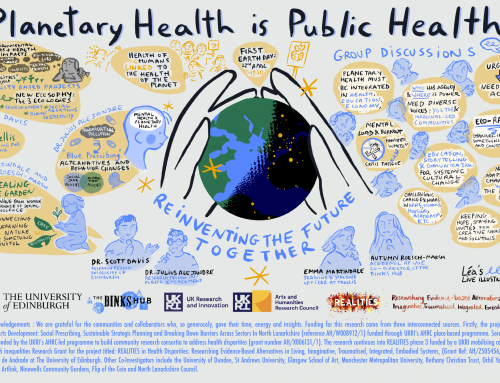What does it feel like to experiment in ‘a safe space’ that holds multiple REALITIES?
Marisa de Andrade, Project Lead for REALITIES reflects on the first ten months of an epic, transdisciplinary UKRI funded consortium dreaming up new systems for a healthier, fairer Scotland and planet.
Dissolve tough, inflexible structures through soft, fluid practices
“You can just feel yourself levelling out when you step into a space that soothes you, a self-regulated ecosystem,” a psychiatrist tells me as we take tiny steps into a still lake in the middle of December without wetsuits. It’s a balmy five degrees Celsius ‘in here’ – welcome relief from the minus one wintry environment ‘out there’. I wait for the shakes to kick in. “Just keep doing the breath work and you won’t even notice the difference,”
I hear them say as they doggy paddle next to me swanlike. As I do the breath of fire thing, I sense the ice blocks in my tippy toes melt away. We carry on our conversation as if we’re waiting for our flat whites at a crowded café.
“You have to step away from rigid, reactive spaces fuelled by crisis that go fast, faster, fastest… find a safe container where you can stop to take breaths, go at your own speed, make mistakes, be curious and playful… figure out what’s possible. And when you hit an obstacle and think you’re stuck,” they circle round me to face the Ochil Hills, “you just go around it.”

The majestic Gartmorn Dam Country Park & Nature Reserve taken on a particularly icy and inspiring Clackmannanshire Asset Hub site visit with Community-Embedded Researcher, Shona Ulrichsen at OYCI.]
If a process doesn’t work, work with partners to find a new one
I look in the direction of the hills, suddenly feeling very soothed, realising that this is what REALITIES is trying to do in spite of the systemic shackles that lock us into processes and power structures that paralyse us.
We’re re-writing and re-regulating our ecosystem’s rulebook by flowing past systemic obstacles that get in the way of our vision to re-imagine and build ‘systems’ that create equitable health and wellbeing.
The Baltic breeze has become my bestie. I’m able to see the beauty before me as if I’m noticing nature for the first time. In this moment, while floating in this glacial container, I finally understand in my bones and connective tissue what “the watercourse way” really means:
“… emulate water… ‘the highest good’… the source and power that sustain the world – and the way for the sage whose life is in harmony with it… the sage will go around obstacles rather than aggressively confront them – just like water.” (David E. Cooper)
This is a core value that REALITIES holds close to its Research-Practice-Policy partnerships.
Relationships and sharing are the lifeblood of our consortium
Our truly collaborative model has already helped us:
- navigate multiple ethics processes. Together we’ve figured out new, complementary ways forward when existing approaches hindered progress. This is an ongoing process with regular meeting spaces to share emergent relational ethics issues should they come up in our communities.
- settle on a data sharing agreement to facilitate the transfer of data between multiple, diverse organisations with all of us sharing related responsibilities and accountability.
- chip away at an authentic collaboration agreement. Together, with the support of an incredibly committed and visionary Contracts Manager, we’ve cut through legal jargon to make our Ts & Cs as community-friendly as possible. Not easy, but at least we have an open channel of communication to question things we don’t understand and make changes.
- think together about how our budget should be best spent to support the communities we’re engaging with.
- honestly share what isn’t working; respectively speak up when we’re confused, overwhelmed or don’t agree with a finding or approach.
- create subcontracts to push funds into fieldwork ‘experiments’ in our communities so they can take ownership of co-producing projects with us to facilitate systems change.
- adapt our REALITIES model when, through weekly co-analysis and ongoing participatory action research with our core consortium, new guiding principles emerge….
Performative practices and policies
We’re starting to notice how some behaviours in ‘the system’ are ‘staged’ – each ‘player’ performing a particular, well-rehearsed role that has become practiced to serve a specific purpose. Some ‘actors’ are centre stage with leading roles in bright, shiny lights. Others don’t have any lines so stand quietly in the shadows. The stage-hands are the first to arrive and last to leave. Without them nothing would function, though they hardly get the credit they deserve.
It’s been interesting to observe what happens when some ‘players’ step out of the ‘performance’ – go off-piste and push the boundaries of the performative status quo.

A ‘set’ as staged by young people at OYCI in one of their after-school hang-out sessions.
This is where the magic happens.
Alongside working with quantitative datasets to create an Index of Community Assets, we’re precariously playing with arts-informed, embodied, nature-based approaches to show they can effect – and affect – ‘real world’ change through progressive policies and practices led by the people they’re aimed at.
Principles outlast practices
Policies and practices aside though, these wise words from a colleague committed to knowledge justice and transformational change, are ringing true for REALITIES.
“Everyone seems to think they’re in healthy ecosystem and that everything they’re doing is ‘right’ and working properly – the only thing is that it doesn’t connect to the other ecosystems around them,” one of our community-embedded researchers reflected.
Yes. Lots of ‘truth bubbles’ bouncing off each other and competing for ‘the truth trophy’ rather ‘than taking comfy seats alongside each other and cosying up to new knowledge.
An alternative evidence-base
As we ease into year 2, we’re giving more thought to the curation of the alternative evidence-base we promised our funder.
What does this even look like when some of the findings we’re getting from community-embedded researchers advocates a push against evidence – or at least re-thinking how we re-conceptualise evidence for policy and funding purposes?
Our communities are speaking to us through painting, forest walks, podcasts, theatre and other immersive media. We’d be doing them a disservice if we ripped the creative-relational out of their ‘datasets’.

Sensory gardens, mural and mandala, rock painting during my visit to the Easter Ross Hub on a suspiciously sunny day in October.





